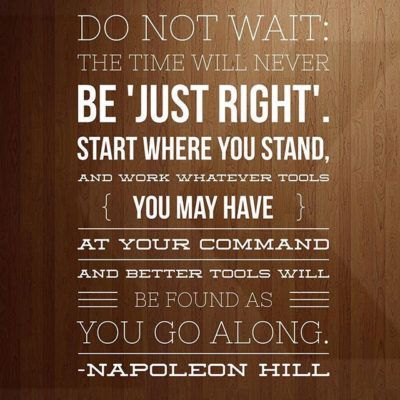 Trauma is a beast with multiple personalities. It can slink in the classroom, with downcast eyes and arms crossed; hoping to be unseen. It can also fling itself through the door, announcing its energy in bubbly, overly helpful behaviors that cross the border frequently into bossy and inflexible, resulting in a lonely child bewildered by her lack of friends. Trauma can be tired, unfocused, quick to be red-faced angry, fidgety and/or slack-bodied. All within a single day! Trauma is exhausting and confusing, not only for children, but for teachers too. That is why I am thrilled that our state is taking a proactive approach to helping BOTH teachers and students to address many of the behaviors that students of trauma present with in our classrooms.
Trauma is a beast with multiple personalities. It can slink in the classroom, with downcast eyes and arms crossed; hoping to be unseen. It can also fling itself through the door, announcing its energy in bubbly, overly helpful behaviors that cross the border frequently into bossy and inflexible, resulting in a lonely child bewildered by her lack of friends. Trauma can be tired, unfocused, quick to be red-faced angry, fidgety and/or slack-bodied. All within a single day! Trauma is exhausting and confusing, not only for children, but for teachers too. That is why I am thrilled that our state is taking a proactive approach to helping BOTH teachers and students to address many of the behaviors that students of trauma present with in our classrooms.
There are very few certainties when talking trauma. But one defining feature is that research has shown untreated childhood trauma has very clear consequences for adult outcomes and these outcomes not good. The Adverse Childhood Experience (ACE) study strongly links traumatizing events from childhood with negative adult outcomes, including: higher rates of dropping out of high school; incarceration; alcoholism; obesity; and heart disease, to name a few. For children, traumatizing events translate into more disciplinary action, emotional strife, and decreased learning.
Yet, there is hope. Research also shows the effects of trauma can be mitigated. The most powerful factor supporting this resiliency is a healthy relationship with one adult who cares. This adult does not have to be the parent. Actually, it is often not a parent, for reasons inherent in the trauma itself. In fact, one of the most common individuals to impact students of trauma in a positive way are…teachers!
This is why it is so exciting our state has taken to heart the impact social-emotional learning has on student learning. This direct correlation seems so obvious, but is so underappreciated in the field of education! We are quite literally putting our money where our heart is and allocating resources to help schools better address these needs. In 2013, Washington State passed the Strengthening Student Educational Act. This act aligns Learning Assistance Program (LAP) students with services to address emotional learning. More excitingly, it engages educators in promising practices designed to increase their skills in addressing the emotional and behavioral needs of students and increase student learning. Remember, a caring adult in the life of a child can quite literally affect the life outcome of that child. Imagine the impact a caring AND informed adult could have! I do not know of a greater, more noble and important reason to be in the field of education.
Want to know more about the ACE study? About the impact of trauma on learning? Curious how one school has worked hard to become trauma-informed to overcome these impacts? Check out Paper Tigers. This is a game-changing documentary filmed in Washington’s own Lincoln Alternative High School in the rural community of Walla Walla. This film examines the process an entire school undertook to become trauma-informed and how they went the extra mile to help students move past their own trauma in a cognitive manner.
It is movements like these in the field of education that make me realize there has never been a better time to be a teacher.